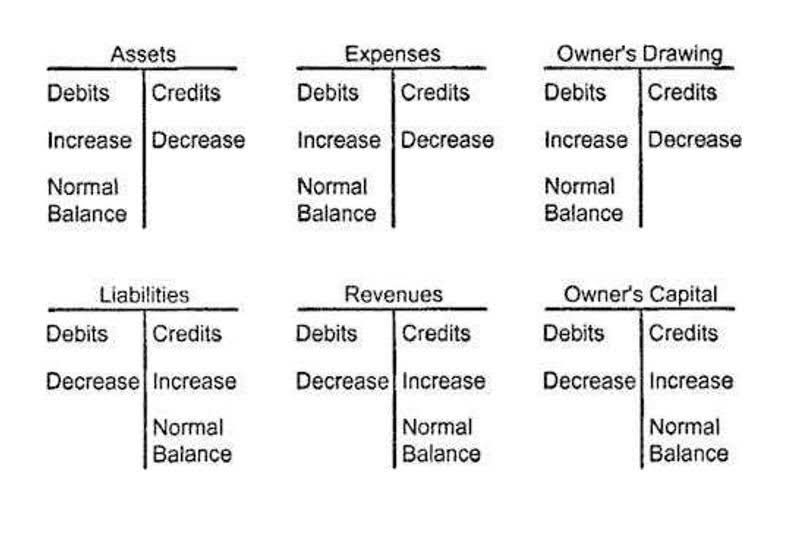
EAs are federally authorized to represent taxpayers before the IRS and have unlimited representation rights. This means EAs can represent any taxpayer, whether they prepared their income tax return or not. They can also represent any tax matter, as well as appeal to any office of the IRS. The NAEA is the nation’s leading community for tax practitioners – from aspiring enrolled agents to experts with decades of experience. We are advancing the professional tax practice through leadership, management, community, and ethics. The job varies, but the core of the EA profession is in service to others.

While both the CPA and EA credential require tax knowledge, the EA is much more niche within the industry and geared more toward tax practitioners. The Enrolled Agent credential requires more in-depth tax knowledge than the CPA credential, meaning EAs are valuable to clients looking specifically for advice on advanced tax issues. Enrolled agents have demonstrated competence in tax matters, allowing them to represent taxpayers before the Internal Revenue Service. Earning the EA license proves dedication and a commitment to providing the most knowledgeable service possible for his/her clients. It is not an easy test; it requires preparation and diligence, as any licensing process should. With hard work and a little support, however, you, too, can earn this prestigious license.
Registering for and scheduling your Enrolled Agent exam
EAs who also hold CPA licensure and wish to investigate financial crimes might consider becoming certified in financial forensics (CFF). The American Institute for Certified Public Accountants offers CFF certification to CPAs. Candidates must have a bachelor’s degree and have completed at least 75 hours of professional education in the last five years. For information pertaining to the registration status of 11 Financial, becoming an ea please contact the state securities regulators for those states in which 11 Financial maintains a registration filing. They can help with information on inheritance tax, income tax, tax returns, tax planning, IRS or state representation, and others. EAs, unlike CPAs, cannot provide compiled, reviewed, or audited financial statements; nevertheless, they can often undertake bookkeeping work for tax return preparation.
CFBPA on EA offer: College football players “are being treated like children” – NBC Sports
CFBPA on EA offer: College football players “are being treated like children”.
Posted: Thu, 22 Feb 2024 08:00:00 GMT [source]
Or, with TurboTax Live Full Service, a local tax expert matched to your unique situation will get your taxes done 100% right – as soon as today. Whichever plan you choose, you’ll get you taxes done with 100% accuracy and your maximum refund, guaranteed. To become an EA, candidates must pass a three-part test, apply to the IRS, and pass a background check. It is important to begin thinking about your study plan early in the process. Once you sit down with a calendar and cross out all of the days you aren’t able to study, you’ll find yourself with less time to study than you expected.
What Does the Special Enrollment Exam Cover?
Enrolled agents are the only taxpayer representatives who receive their unlimited right to practice from the federal government (CPAs and attorneys are licensed by the states). That means if you need to file in more than one state and eventually need representation before that state in an audit or resolution case, the same EA can do it, Pinck says. All three parts of the SEE must be passed within a two-year window. Each exam lasts 3.5 hours and contains 100 multiple choice questions. You will need to achieve a passing score on all three parts of the exam to become an Enrolled Agent.


Leave a Reply